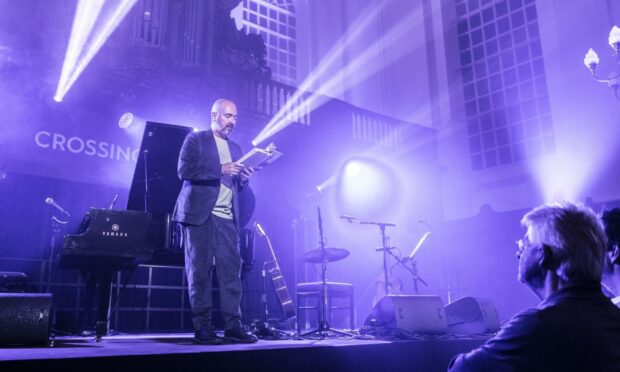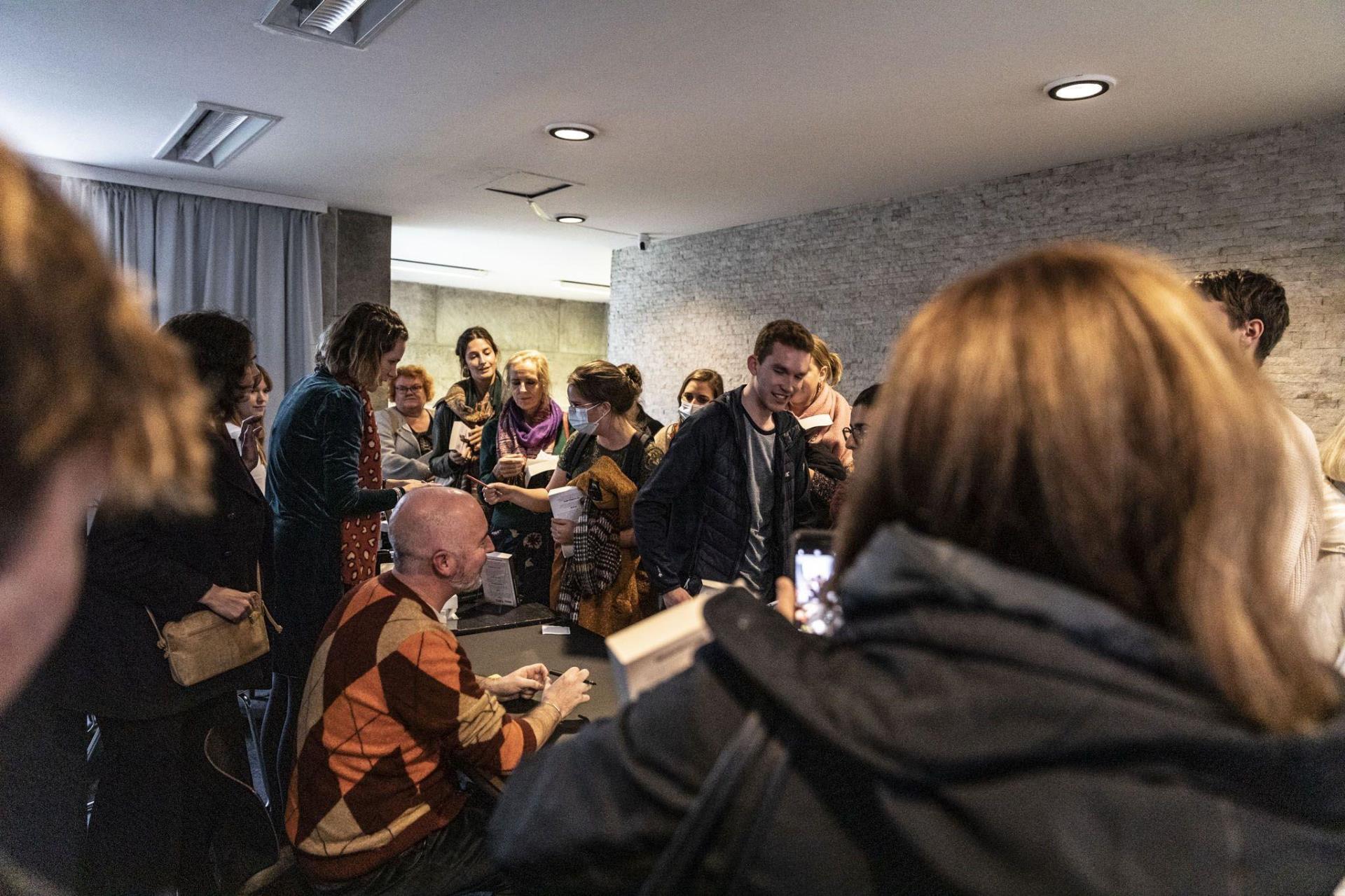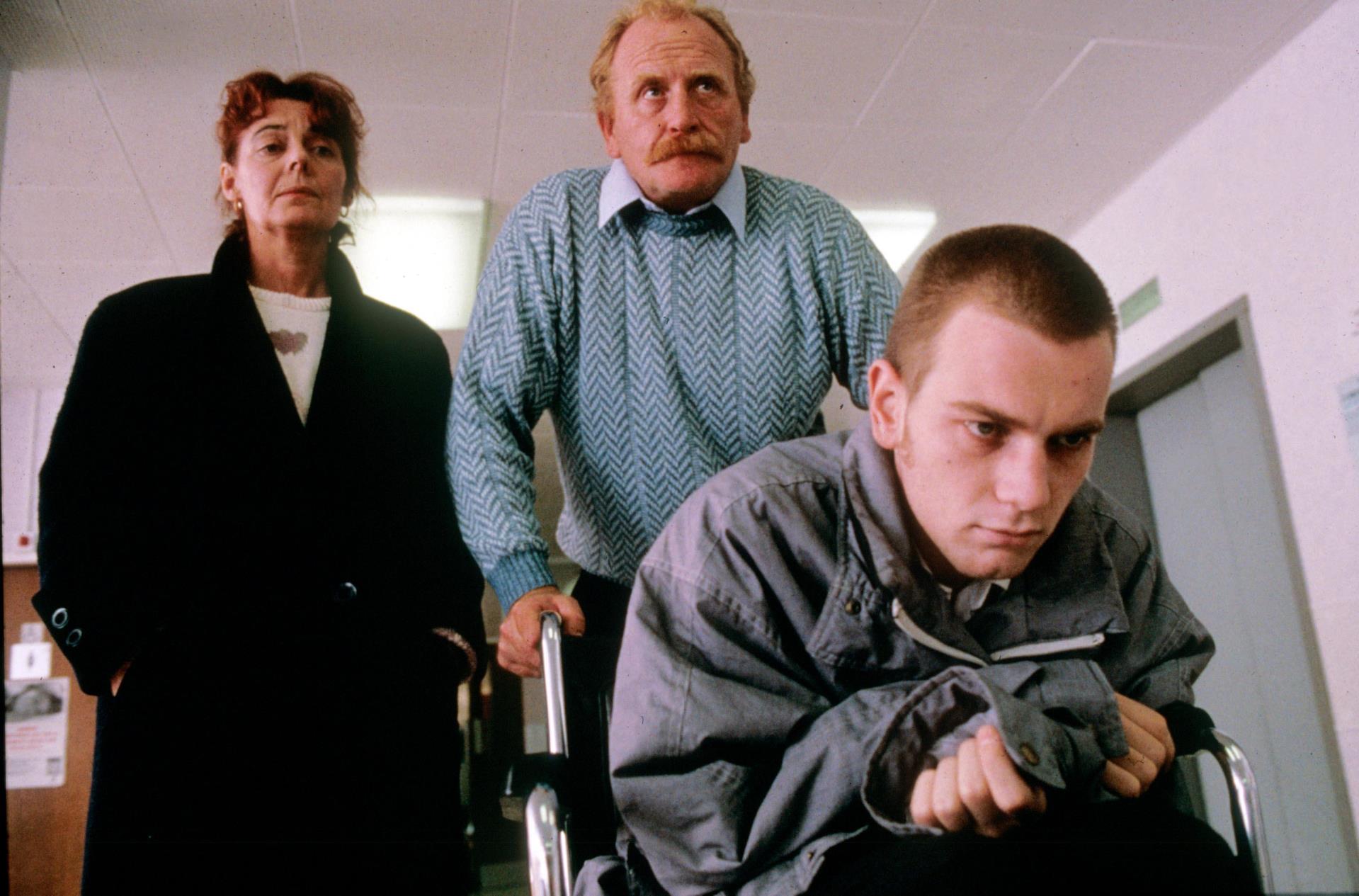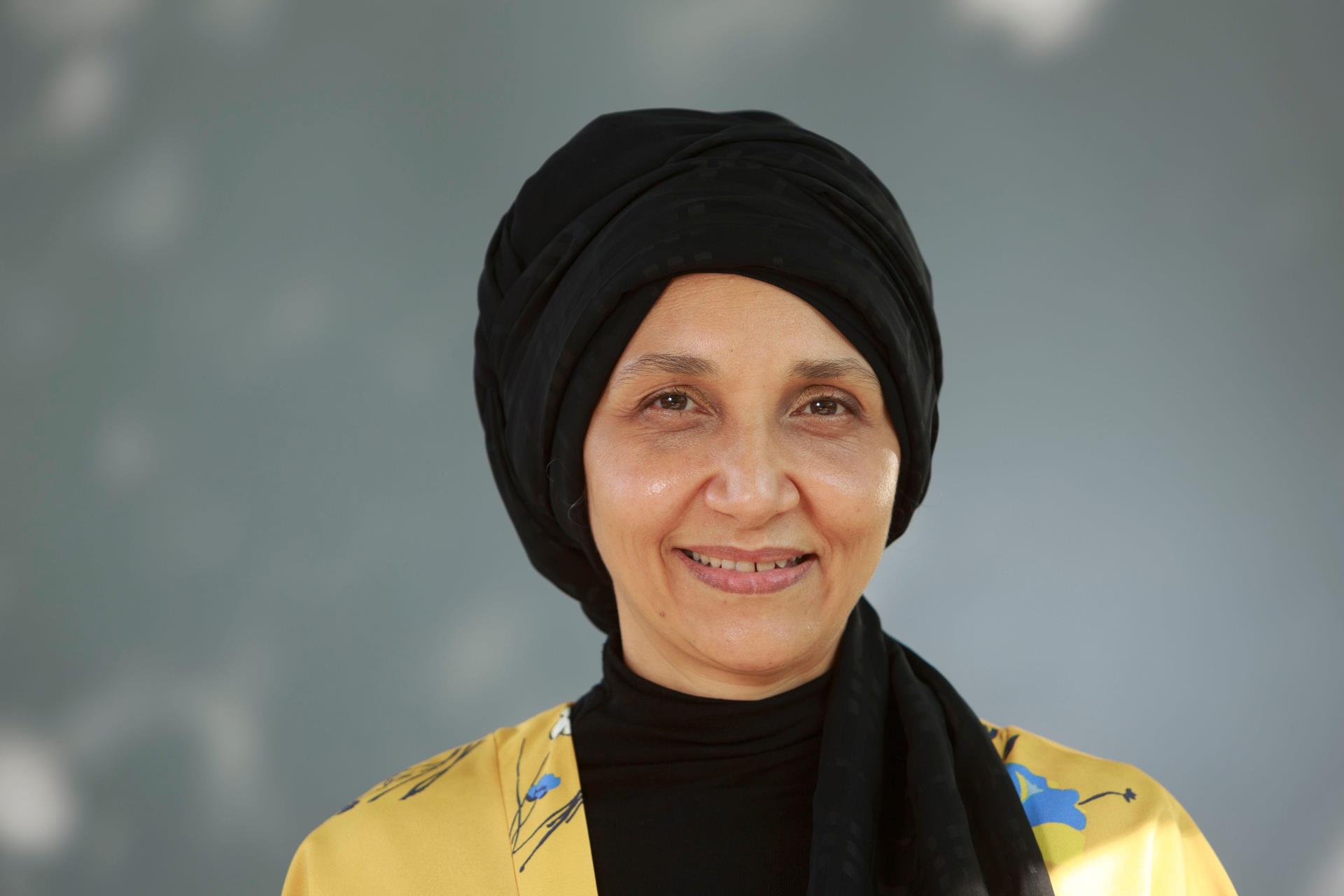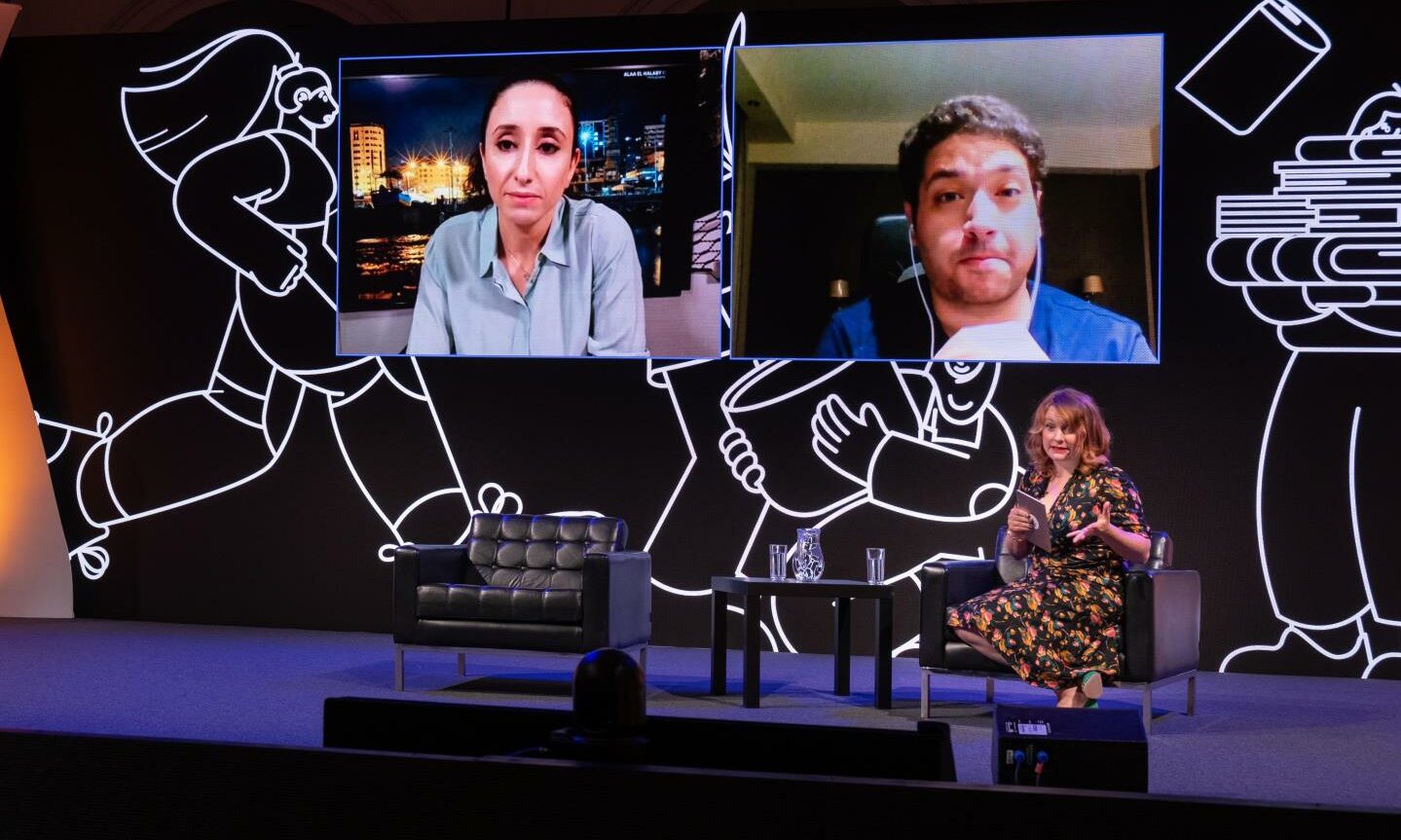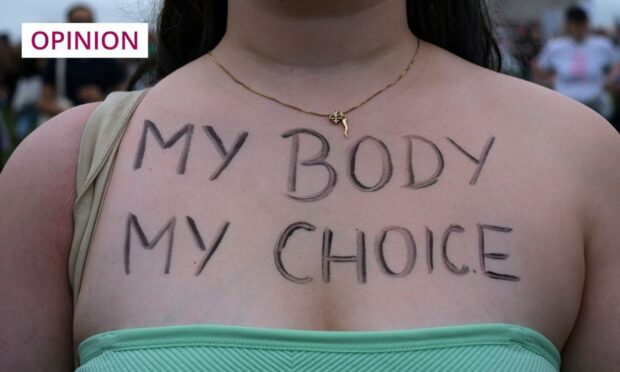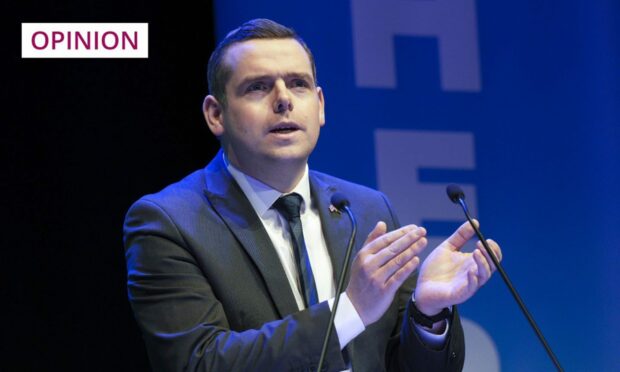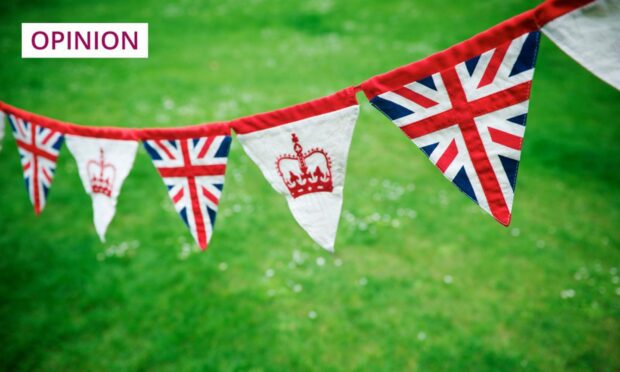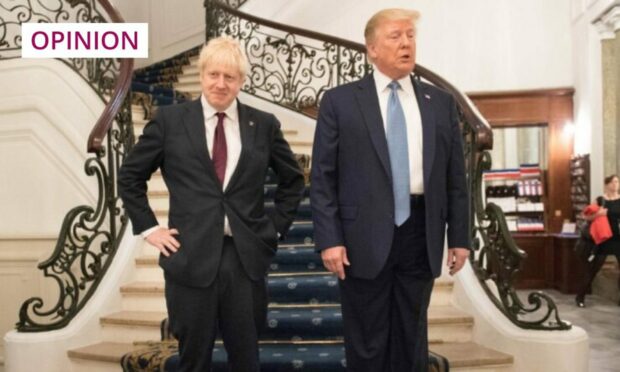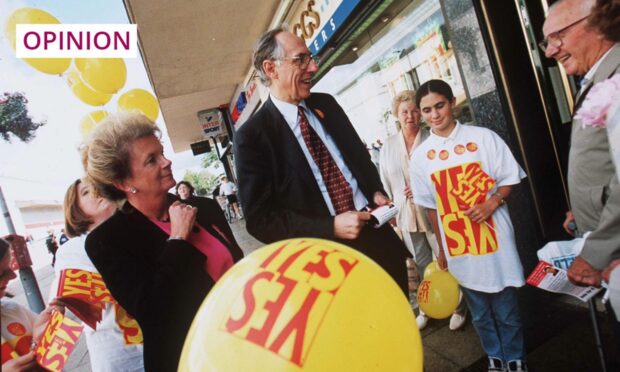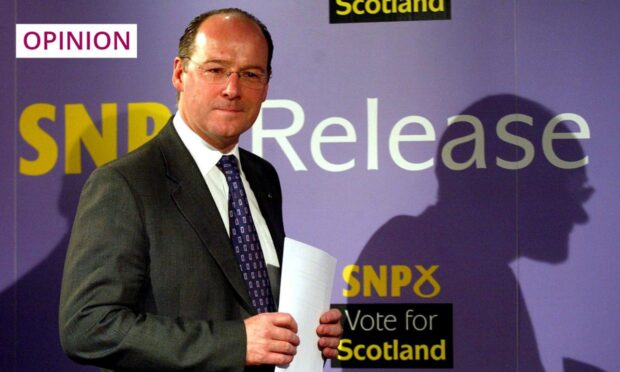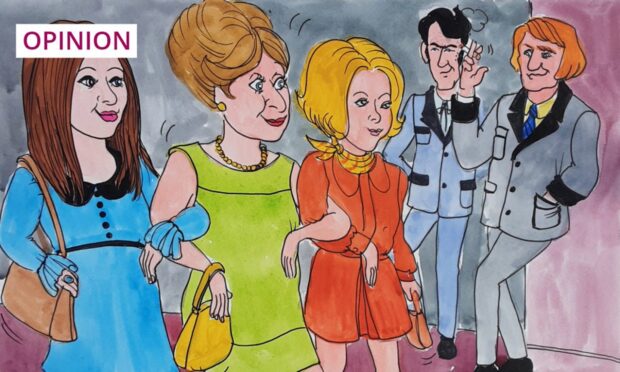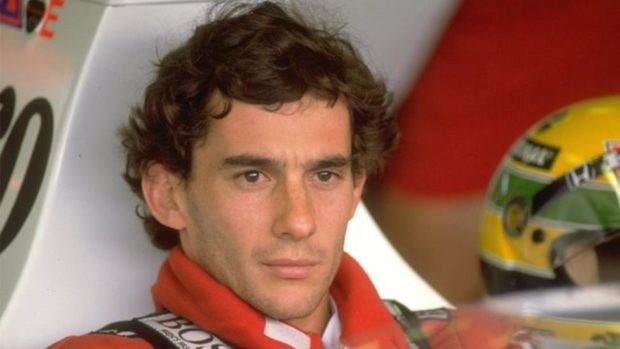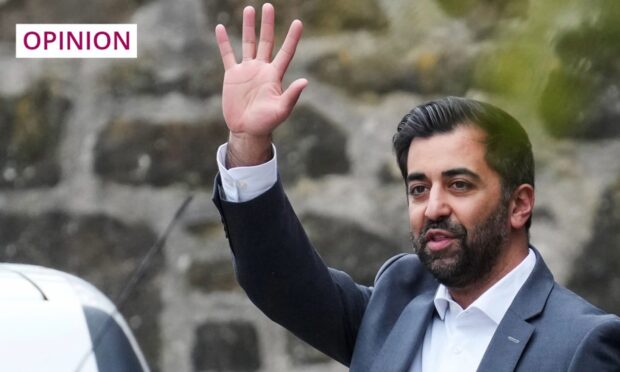On Monday this week I had the absolute pleasure of a trip to Edinburgh to chair an event celebrating Douglas Stuart’s new book, Young Mungo.
Released last week, it’s his thoughtful and heart-wreckingly tender follow up to the 2020 Booker Prize-winning, juggernaut Shuggie Bain.
The event was at independent book shop, Portobello Books – one of 12 Scottish dates Stuart has done up and down the country in the last week. It sold out almost instantly with every seat filled, plus more than 200 people watching the livestream online.
I jokingly introduced Young Mungo as “the most anticipated novel in Scottish literary history, like, ever”, but, thinking about it now, I’m not sure there was much joke there.
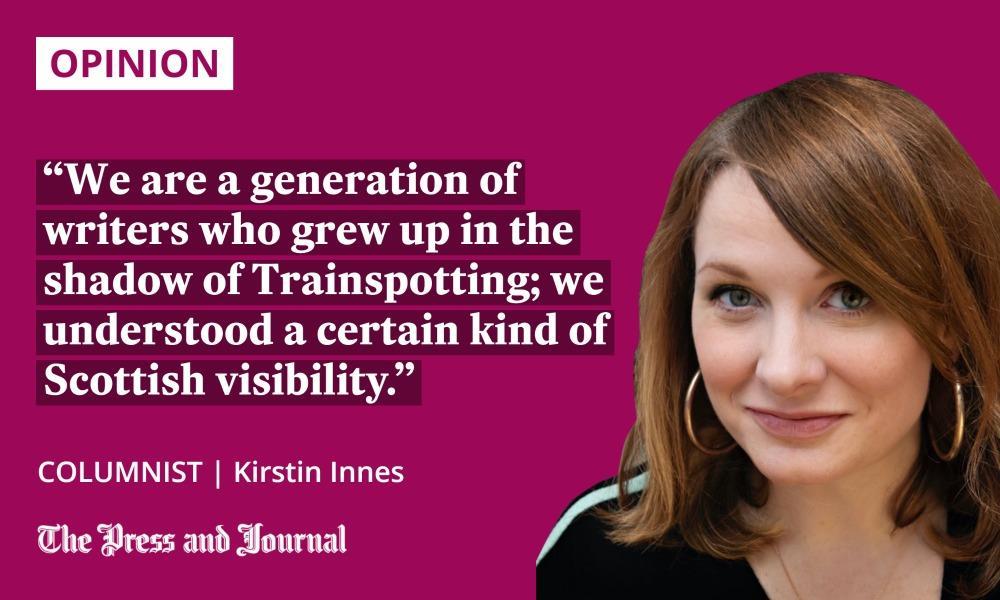
Something about the combination of lockdown, the huge boost of being Scotland’s second-ever Booker Prize winner in 52 years, plus the sheer honesty, heart and beauty of Stuart’s writing has meant that Scottish readers have taken the story of a young gay Glasgow boy and his alcoholic mum, struggling within Thatcher’s Britain, to their hearts like no other book I can think of.
Over the years I’ve attended a lot of book events, whether as a writer, panellist, reader or chairperson, and I can’t remember another one where the atmosphere was so charged, where the writer was essentially a celebrity just for their writing, with no fame predating publication. There were people there who had made it their mission to attend as many of Stuart’s events on this tour as possible, like he was their favourite band.
When it came time for audience questions I fielded comments from women and men who had grown up in the same impoverished areas as Stuart’s characters, whose joy at finally finding a story – two stories – that represented them was infectious. The whole room swelled with it. The signing queue after the event snaked round the whole shop.
‘Literary vandalism’ and the Trainspotting era
It’s been 26 years since James Kelman’s landmark Booker win for his fourth novel, How Late It Was, How Late, written in Scots, which saw one of the prize judges resign in disgust. The critic Simon Jenkins called Kelman an “illiterate savage” and claimed the win was “an act of literary vandalism”.
Writing about working class people in their own language – writing about any Scotland that was not the more affluent parts of Edinburgh – was simply not done, or, if it was, the London publishing machine that still today controls what everyone on this island reads did not acknowledge it.
Things were changing to an extent: 1994 was also notable as the year that Irvine Welsh’s Trainspotting really became a global phenomenon, sparking a short-lived, contained boom of worldwide publishing interest in Scottish authors, as long as they were more or less identifiable in the Trainspotting mould: druggy, sexy, sweary stories about working class and usually Central Belt-based young men.
For the past couple of decades, writing in any permutation of Scots, or about identifiably Scottish places, has been unfashionable
Janice Galloway, the pioneering author of The Trick Is To Keep Breathing, who was also actively publishing novels at the time, once said: “The chaps and their priorities were Scotland, according to The New Yorker. I kept wanting to write in and say: ‘Hello, there are women over here too, taking only prescription drugs if any!'”
However, for the past couple of decades, writing in any permutation of Scots, or about identifiably Scottish places, has been unfashionable. Perhaps because the inclusion of Trainspotting within the UK publishing canon created a time-limited space that could only admit very similar voices. Until recently.
The Shuggie Effect
Call it the Shuggie Effect if you want, but right now feels like an extraordinarily healthy, exciting time for Scottish literary writing, after long years where our battalion of very successful crime authors were the only ones getting any attention. And the stories being told (and, crucially, published across the country) now are plural and diverse – there’s not just a single “trend” gaining attention any more.
Look at the novels that have been published in Scotland in the last three years. Non-binary author Ely Percy’s 2021 Scottish Book of the Year-winning Duck Feet follows a girl growing up in a Renfrew housing scheme. Jenni Fagan’s queer, gothic horror-inflected Luckenbooth straddled nine decades and as many different protagonists.
Aberdeen-Sudanese author Leila Aboulela, who has been nominated for the Women’s Prize three times, took three Muslim women on a pilgrimage round the Scottish Highlands with her beautiful magical realist 2019 novel, Bird Summons.
Graeme Armstrong’s The Young Team and David F Ross’s There’s Only One Danny Garvey are really the only two recent books with visible debts to Trainspotting, but they’re both subverting that influence in different ways.
Look out, too, for the upcoming dystopian sci-fi thriller The Pharmacist by Scottish-Egyptian writer, Rachelle Atalla, and Paper Cup, in which Karen Campbell takes her homeless heroine Kelly on a stark, beautiful pilgrimage through the Borders.
While 2014 may have felt like a divisive time, it also offered the opportunity to begin a national conversation about inclusion and exclusion, to interrogate and investigate what being Scottish means
And it’s not just fiction. The anticipation for Orkney writer Amy Liptrot’s stunning, just-published second volume of memoir, The Instant – her follow up to the 2016 bestseller The Outrun (about to be made into a film starring Saiorse Ronan) – could almost rival the intensity of expectation surrounding Young Mungo. Aberdeen writer Kerry Hudson’s searing memoir Lowborn was also a bestseller in 2019.
Writers and readers are enjoying a different conversation about Scotland
We are a generation of writers who grew up in the shadow of Trainspotting; we understood a certain kind of Scottish visibility. But I would suggest we also benefitted from the intense period of national self-scrutiny in the years leading up to the 2014 independence referendum.
While that may have felt like a divisive time, it also offered the opportunity to begin a national conversation about inclusion and exclusion, to interrogate and investigate what being Scottish means; a conversation which Scotland’s writers are now well placed to expand upon.
In the audience at the Young Mungo event, there were representatives from a group called the Scottish Book Club; virtual strangers at the start of lockdown who have coalesced into a huge online group with hundreds of members all over the country. They are mostly in their 20s and 30s, many not from literary backgrounds, and they use Instagram and WhatsApp to communicate.
I was one of a number of authors invited to discuss my work with them over Zoom during lockdown; now that live book events are back on, they turn up to almost all events Scottish authors do, bright, enthusiastic, whooping and cheering rather than clapping politely as book audiences of the past felt compelled to.
It’s not just Scottish writing that’s in a healthy place – new generations of readers will see us right too.
Kirstin Innes is the author of the novels Scabby Queen and Fishnet, and co-author of the recent non-fiction book Brickwork: A Biography of the Arches
